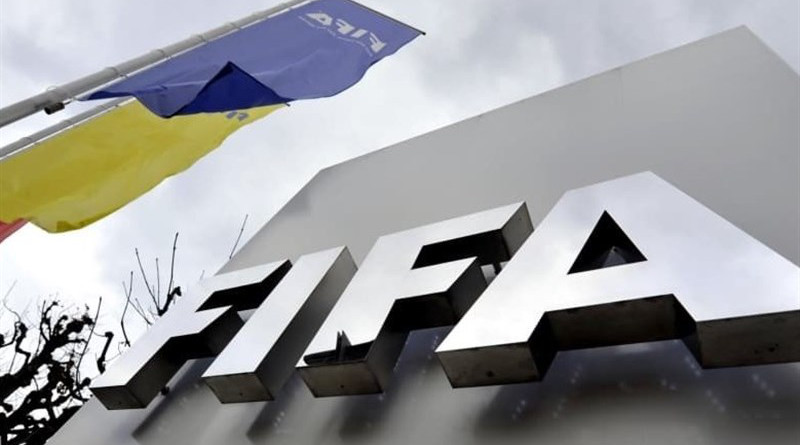The Problem With FIFA – OpEd
The stubborn Caesar is alive and kicking as he continues governing ‘the family’. The chief of that colossus of world football, FIFA, remains in tact. There were no candidates, or at least qualified ones willing to take the place of Sepp Blatter. Could it be for the very reason that any wreath that is worn will drip of poison?
Football is not on the agenda of meetings these days at that august body. It’s politics, pure and evil in the FIFA bunker. That, and a goodly dose of corruption. This is the automatic result of making sure that the top position in world football remains in the hands of political veterans, men (and they are men) who remain immune to the subtleties and complexities of the game, but totally aware about the instinct of survival. For the dreamers who claim that there is a partition between politics and sport: watch and learn.
Corruption is a difficult, slippery creature to pin down. The literature on defining it has proven vague. The OECD, Council of Europe and United Nations conventions avoid defining it altogether. Their focus is one of punishing set offences – bribery, trading in influence, embezzlement, obstruction of justice, and misappropriation of property. The Swiss don’t care about any of them, providing exemptions for bodies such as FIFA from anti-corruption treaties.
One suggested standard, at least in the sporting context, is the feature of non-competition. Management decisions are made on the basis of favours, rights allocated in terms of contracts, sporting venues or broadcasting rights. The umpire is either bought over or eliminated in the equation.
In the case of FIFA, the offences are certainly easier to define. Favours are being distributed regularly, and competition stifled. 10 of FIFA’s 24-man executive committee have been accused, suspended or investigated for allegations of corruption. Jack Warner and Mohammed bin Hammam were given their marching orders by the FIFA ethics committee for providing US $1 million in bribes to 24 Caribbean associations at a meeting in Trinidad over May 10-11. Blatter finds himself overseeing a grand game of deception.
There are a few mandatory sacrifices designed to clear an otherwise cluttered slate. Warner and bin Hammam are just that, but they are simply furniture items in a crowded room of officials and favours. The irony here is that Blatter had his competition eliminated in one fail swoop. He remains electable precisely because the system has become an image of the leader, a cult of personality that has proven inscrutable to outsiders.
Warner is certainly not taking this lying down, and sees the rotting edifice crumbling before him. His words to the Trinidad Express were ominous. ‘I tell you something, in the next couple of days you will see a football tsunami that will hit Fifa and the world that will shock you. The time has come when I must stop playing dead so you’ll see it, it’s coming, trust me you’ll see it now and Monday. I have been here for 29 years and if the worst happen[sic], the worst happen[sic].’
If Warner’s predicted tsunami produces a restructuring drive of FIFA, it will be welcomed by many, and feared by the few. The IOC was in a similar pickle after being exposed over the affair of Salt Lake City. Various governments took the initiative to threaten the body to reform.
The British organisations have decided to take the lead in getting under Blatter’s skin. Chairman David Bernstein of the English Football Association has been particularly vocal. ‘A coronation without an opponent provides a flawed mandate.’ The response by the re-elected head has been to dismiss any allegations of corruption as ‘English lies’. Costakis Koutsokoumnis of Cyprus’s FA was sceptical. ‘What a beautiful English word, allegations.’ Such condemnation is hardly useful, given that FIFA’s own sponsors, such as Adidas, Coca-Cola, Emirates and Visa have all expressed their concern to various degrees.
Blatter has also shown himself to be a man of the darkest humour, suggesting one of history’s greater political liars, former US Secretary of State Henry Kissinger, take a position on an anti-corruption squad, a self-styled ‘dream team’ of football personalities with supposedly large brooms for the clean-up effort. ‘This will be a commission of the wise,’ proclaims Blatter. ‘Kissinger loves football: he’ll be part of it.’ Wise is probably not quite the term, and one wonders what the institution will resemble after its restructuring at the nefarious hands of Henry. Blatter has given himself four years. The rot, however, is set to continue.

